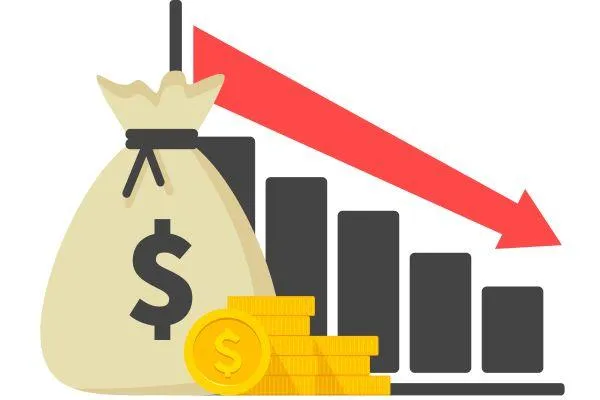Steenland Kacos Insurance Blog

What can I do to lower my rates?
What Can I Do to Lower My Premium?
As an insurance agent in today’s post-COVID world, one of the most common questions we get is, “Why did my rate go up?” This article focuses on a follow-up question we often hear: “What can I do to lower my premium?” Below, we’ll share tips and ideas for reducing your insurance costs without compromising on necessary coverage.
With the cost of everything from milk to gas rising, it’s no wonder people are looking for ways to save. My own family creates a budget every month, reviewing it to see where we can cut back. This kind of budgeting has become the norm across America, and unfortunately, rising costs seem here to stay. One of the largest expenses for many families is their insurance bill. Some people expect their rates to increase yearly, while others shop around every six months to find the best deal. No matter your approach, it’s always helpful to know some effective strategies for reducing your premium.
Independent Agency
The best way to secure a lower rate is by working with a local independent agency.

Independent agencies can shop your policy across multiple carriers, giving you more options than cutting coverage on a renewal. Each carrier has a different appetite for risk and specific types of clients they want to attract. For example, a carrier may offer competitive rates when looking to grow in a certain area, while others adjust pricing based on their risk tolerance. An independent agency will handle this comparison process for you, increasing your chances of finding the best rate available.
Discounts
Another strategy for lowering your premium is to maximize all available discounts. If you have youthful drivers, check whether they qualify for a good student discount or if your carrier offers safe driving programs. Many insurers now offer telematics programs—these use apps or plug-in devices to monitor your driving and reward safe habits with discounts. Contact your agent to confirm you’re taking full advantage of the discounts available to you.
It’s also worth bundling your policies with one carrier. Many companies offer a multi-policy discount, which is often the largest discount you can receive. Having multiple policies with the same carrier not only saves you money but also simplifies claims. If an incident impacts multiple policies (like a storm damaging your car and home), you only need to deal with one insurer, making the claims process smoother.
Long-Term Advantages

While it can be tempting to switch carriers frequently in search of lower premiums, staying with the same carrier offers long-term advantages. Many insurers reward loyalty through credits and perks, such as diminishing deductibles or claims-free discounts. Frequent switching can backfire, as carriers may view you as less stable and offer higher rates. If you jump between carriers every six months to a year, you may miss out on loyalty benefits and receive higher quotes over time.
Evaluate Coverages
Sometimes, the best way to reduce your premium is by reviewing your coverage. This should be a bit of a last resort, as maintaining adequate protection is essential. Start by examining your deductible. If you can afford a higher out-of-pocket expense in case of a claim, raising your deductible can significantly lower your premium.
You should also review optional coverages to see if they are still relevant. I once had a client with mechanical breakdown coverage on their policy—something they didn’t even know was included. After discussing it, they decided it was unnecessary and removed it. Knowing what’s on your policy and how it aligns with your needs goes a long way toward optimizing your coverage and premium.
Conclusion
While this isn’t an exhaustive list, it covers some of the most effective ways to reduce your premium. These are strategies agents often recommend when clients ask, “What can I do to get my rates lower?”
FAQS
How does auto insurance work?
Auto insurance protects you financially by covering the costs of damage or injuries from a vehicle accident or theft. It is a contract between you and the insurance company, where you agree to pay the premium, and the insurance company agrees to pay your losses as defined in your policy.
What is umbrella insurance?
Umbrella insurance provides additional liability coverage above the limits of your homeowners, auto, and boat insurance policies. It kicks in when the liability on these other policies has been exhausted, offering an extra safety net of protection.
Why do I need liability insurance on my policy?
Liability insurance is critical because it covers legal costs and payouts for which you are found legally responsible. Without it, you could be faced with paying out of pocket for costly damages or medical bills.
How can I save on home insurance?
Maximizing savings on home insurance can be achieved by comparing policies, increasing deductibles, and ensuring your home has up-to-date safety features. Regular reviews of your policy can also uncover other potential savings.
What factors affect my auto insurance rates?
Several factors can affect your rates, including your age, driving history, and the type of vehicle you drive. Rates are also impacted by where you live, as different areas have varying risks of theft and accidents.



